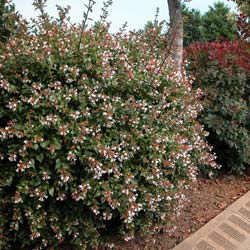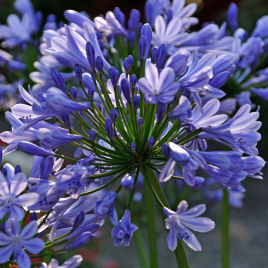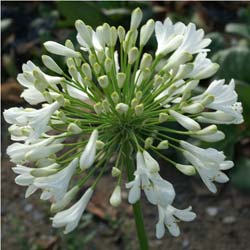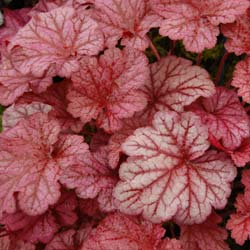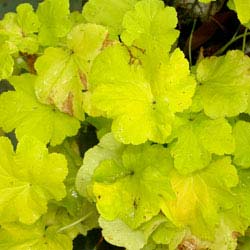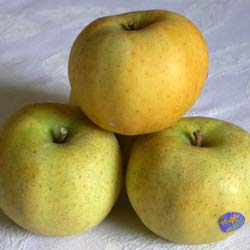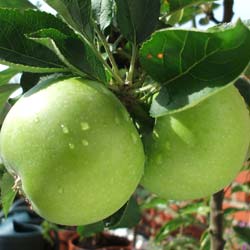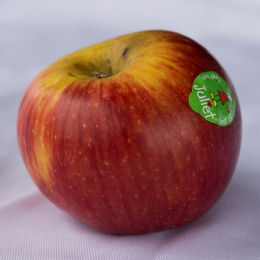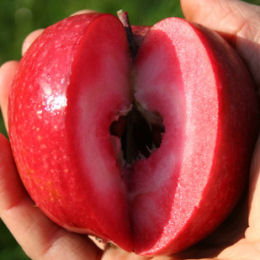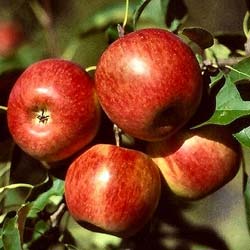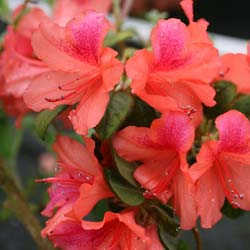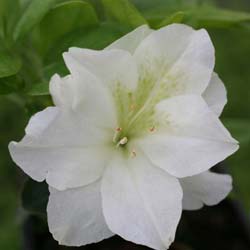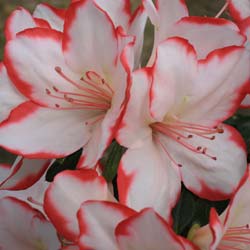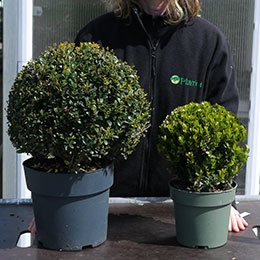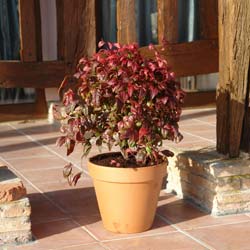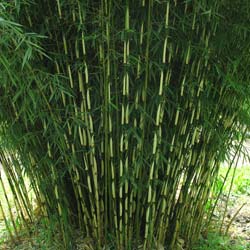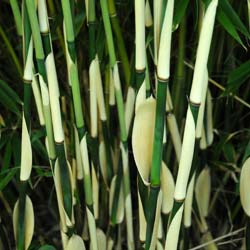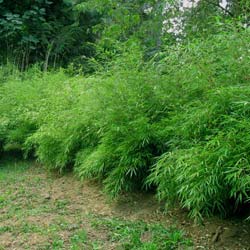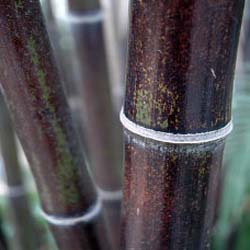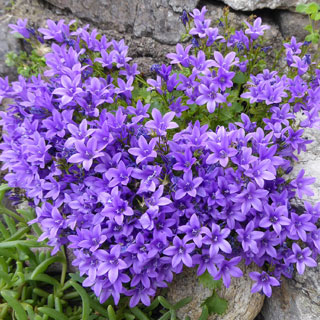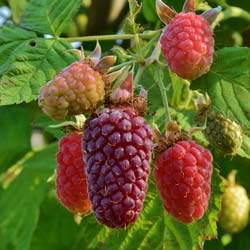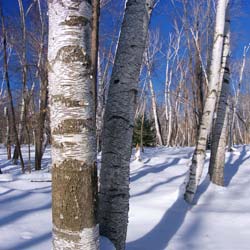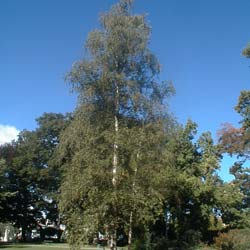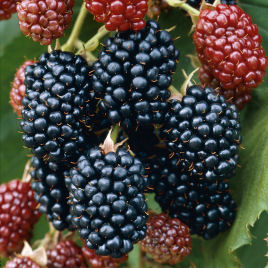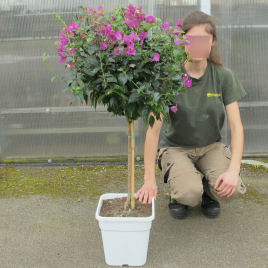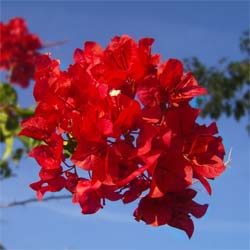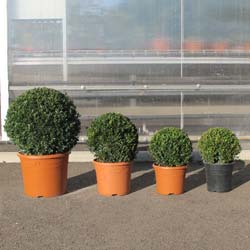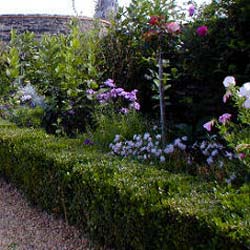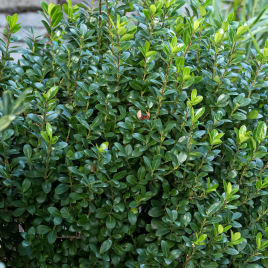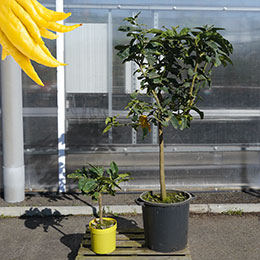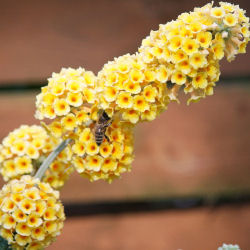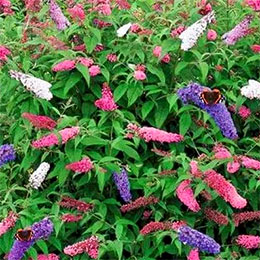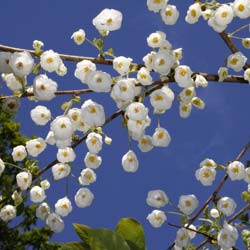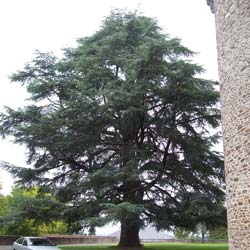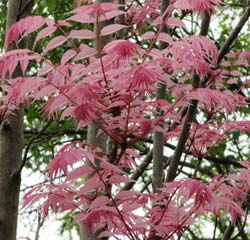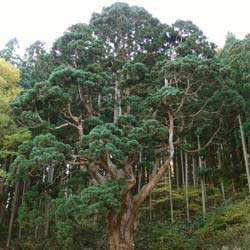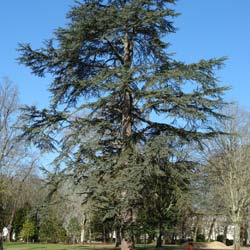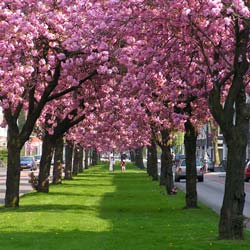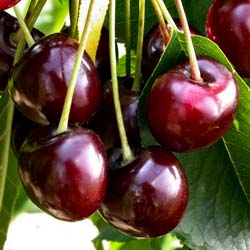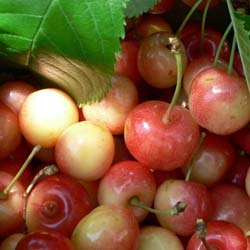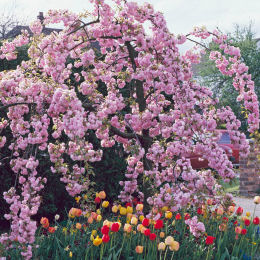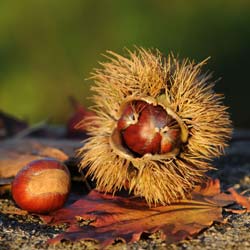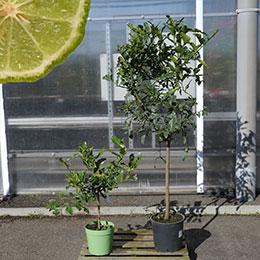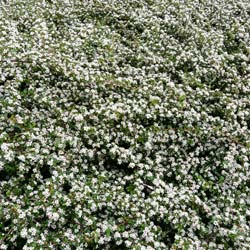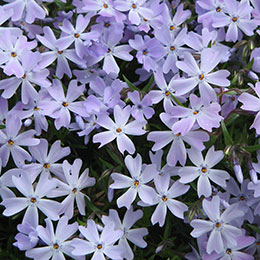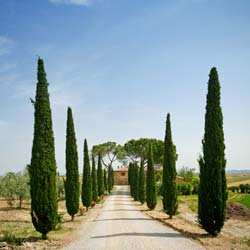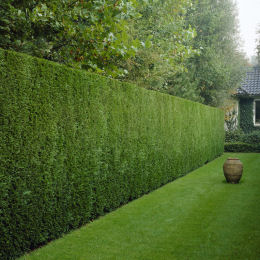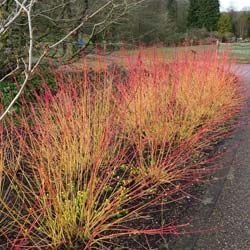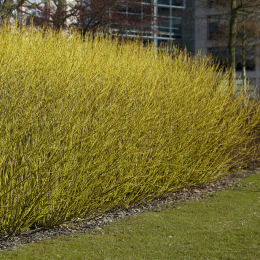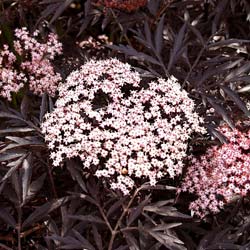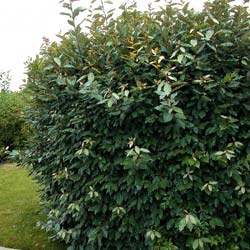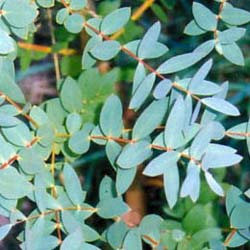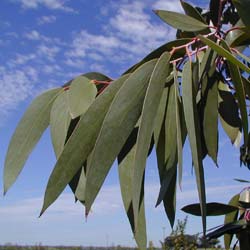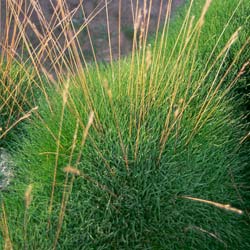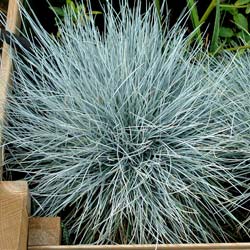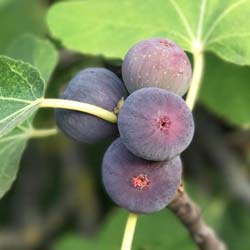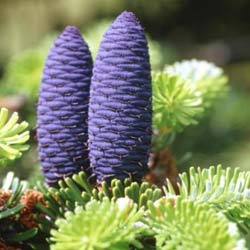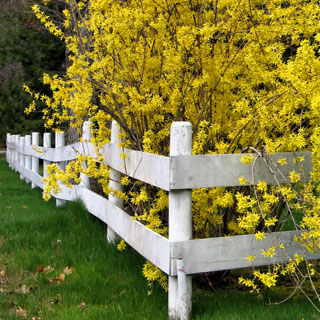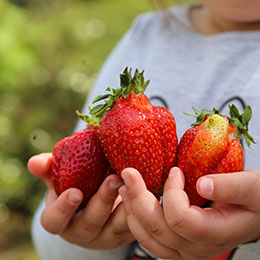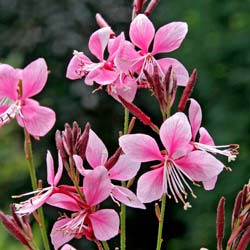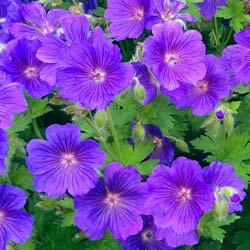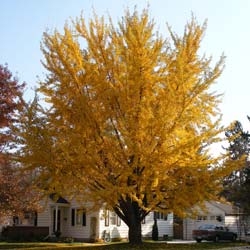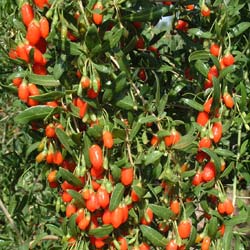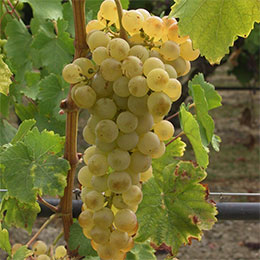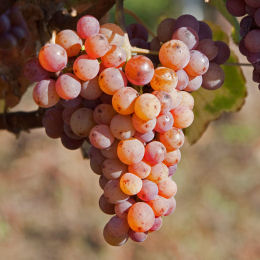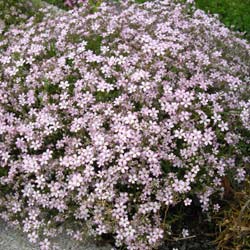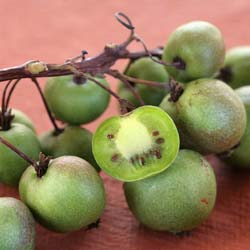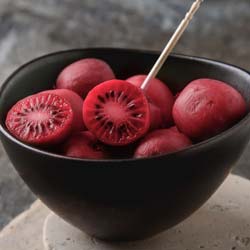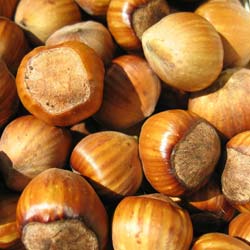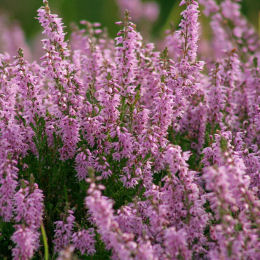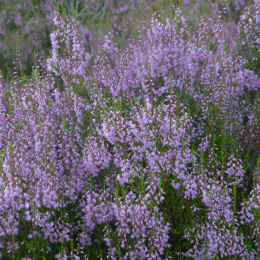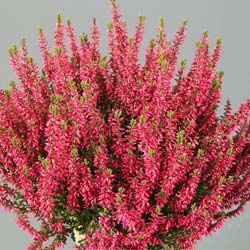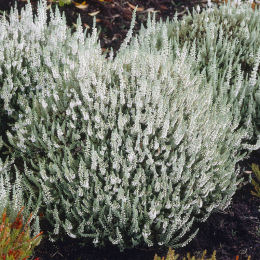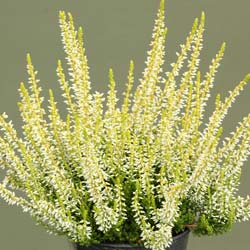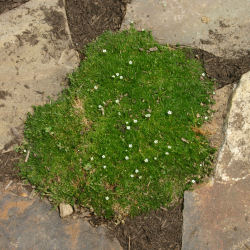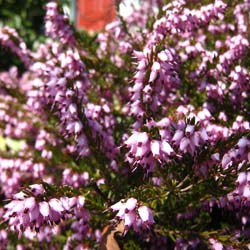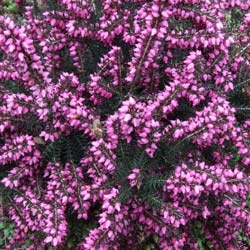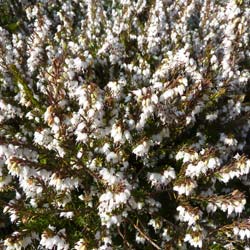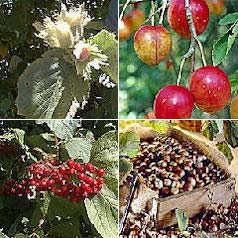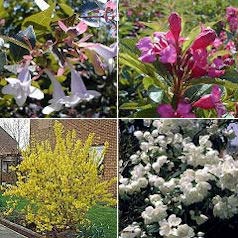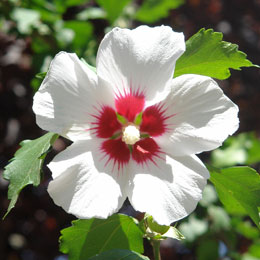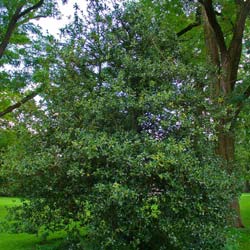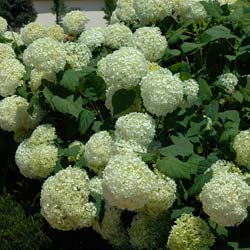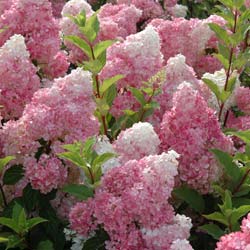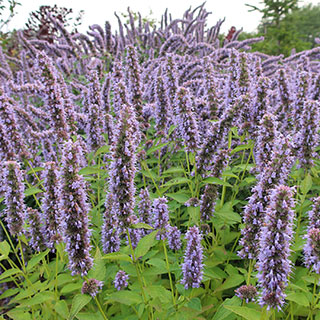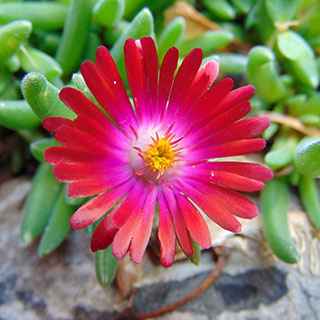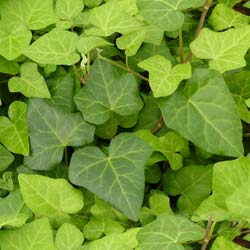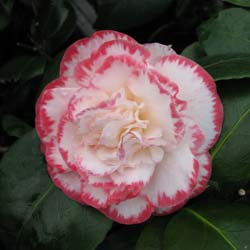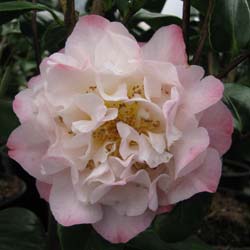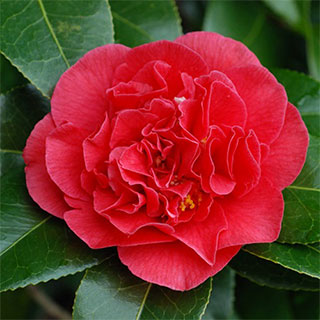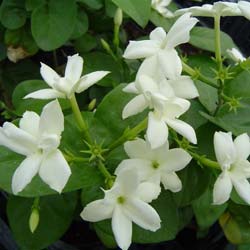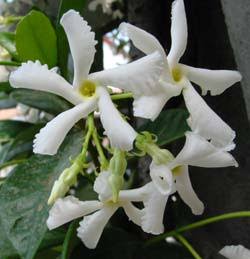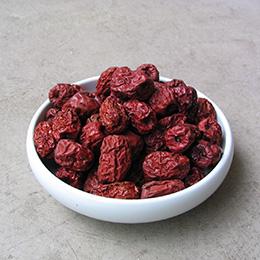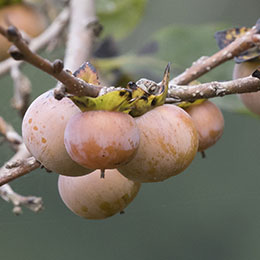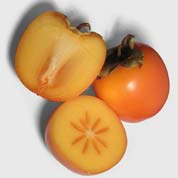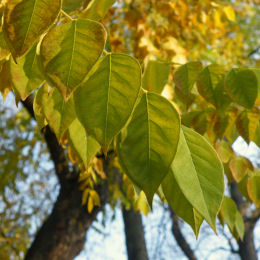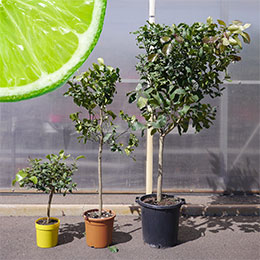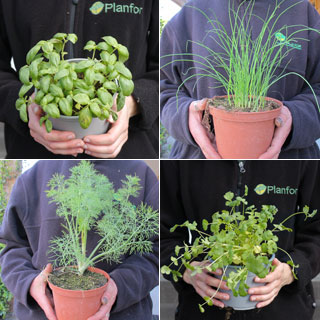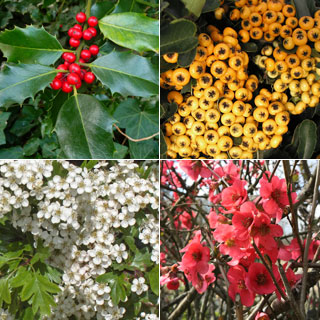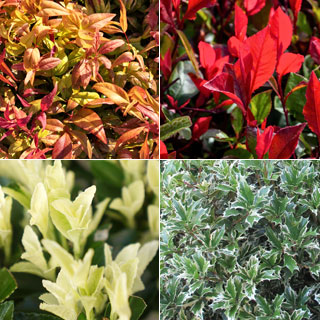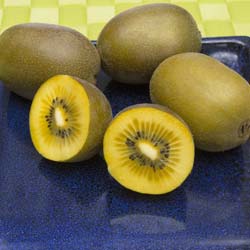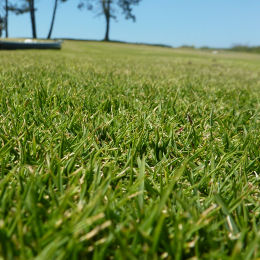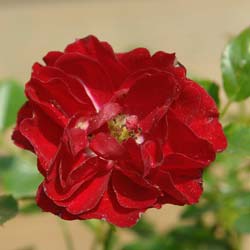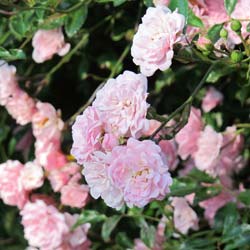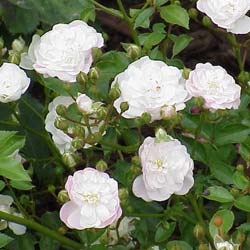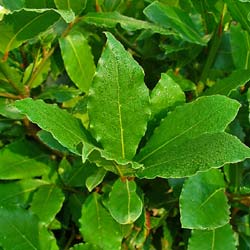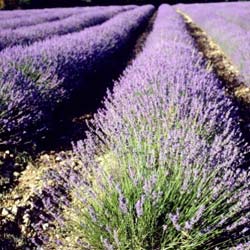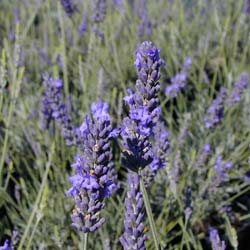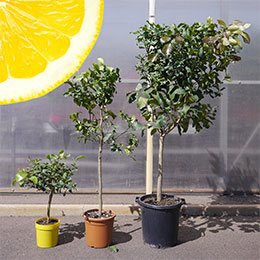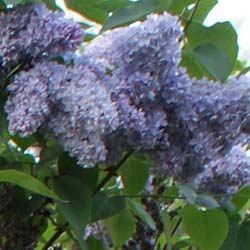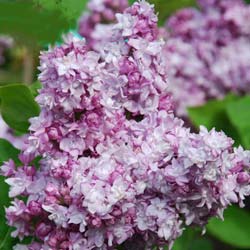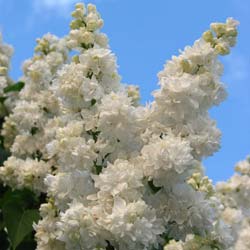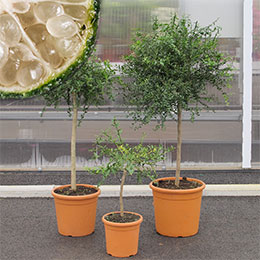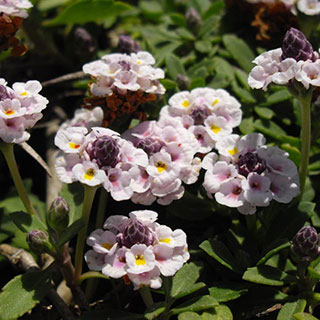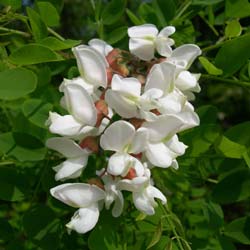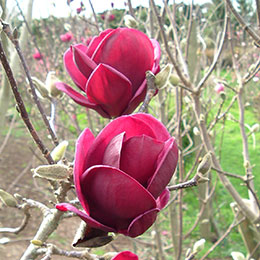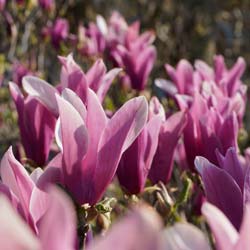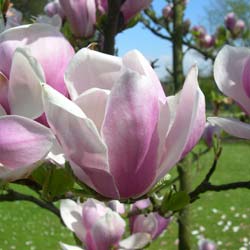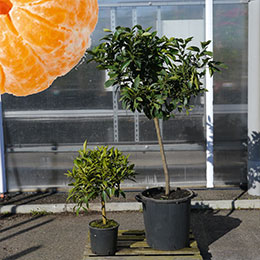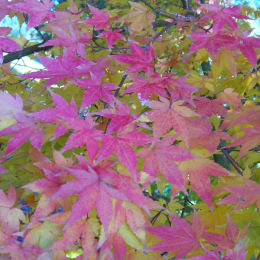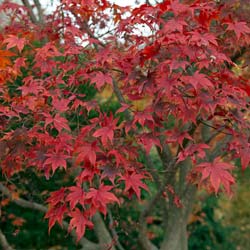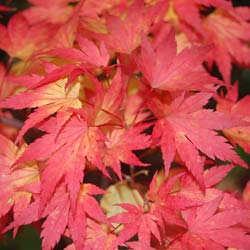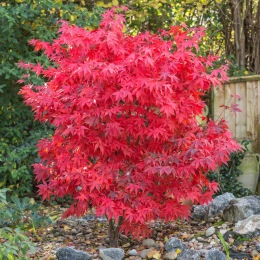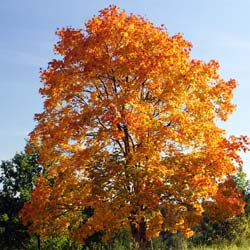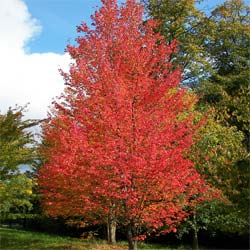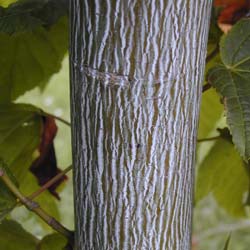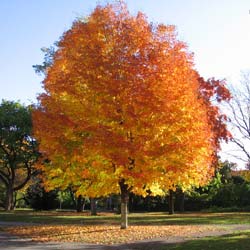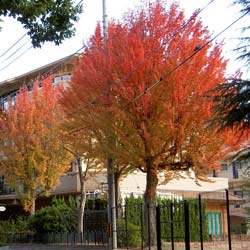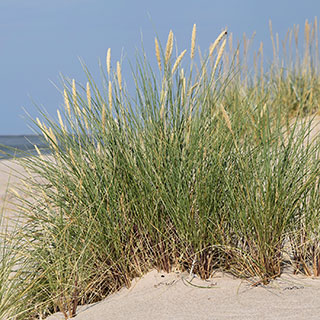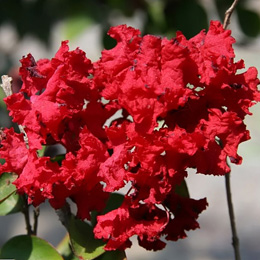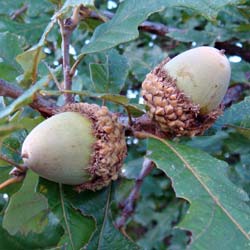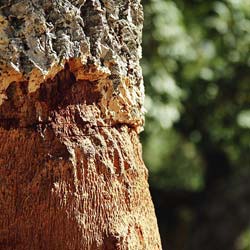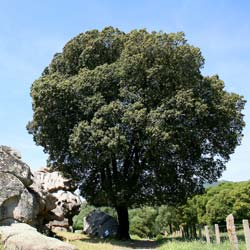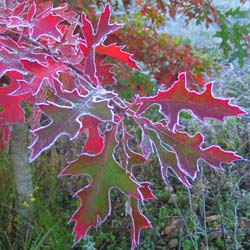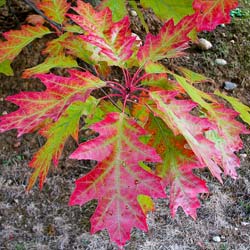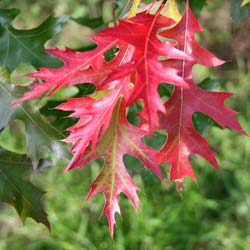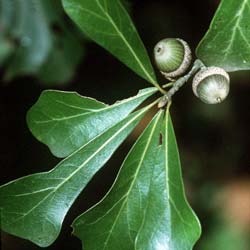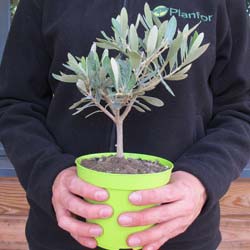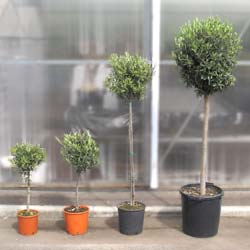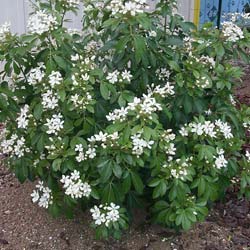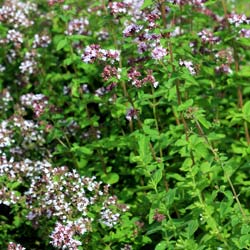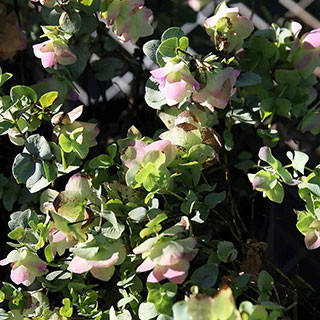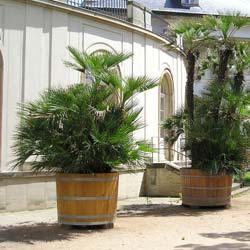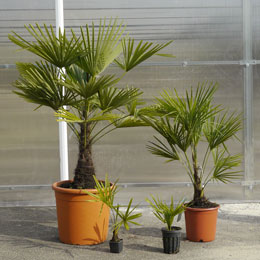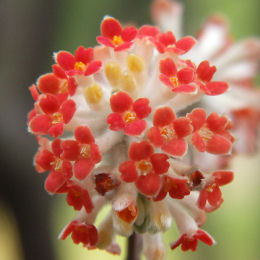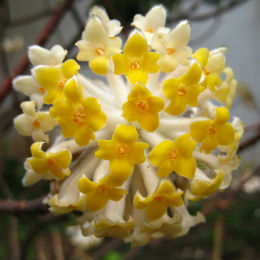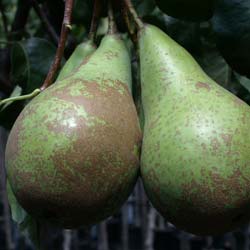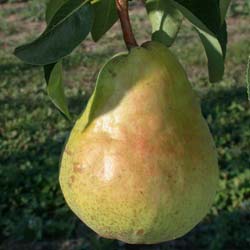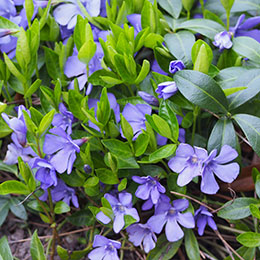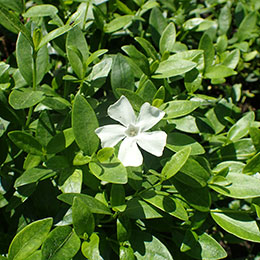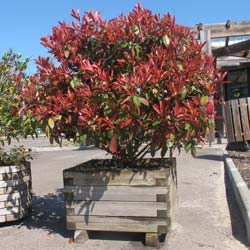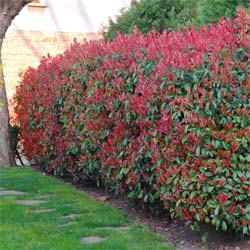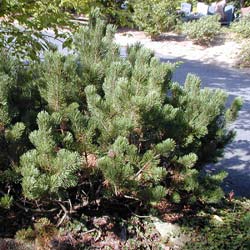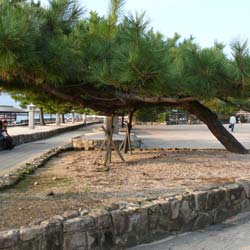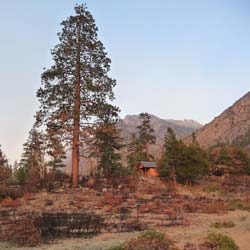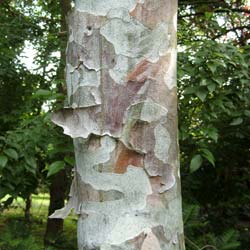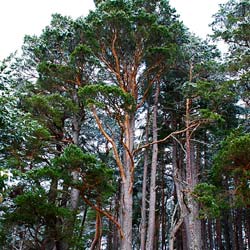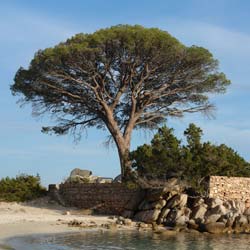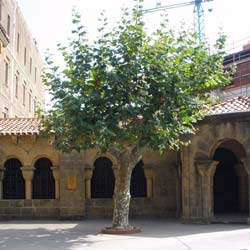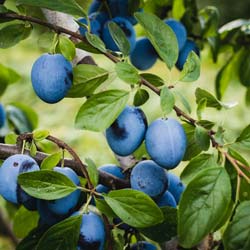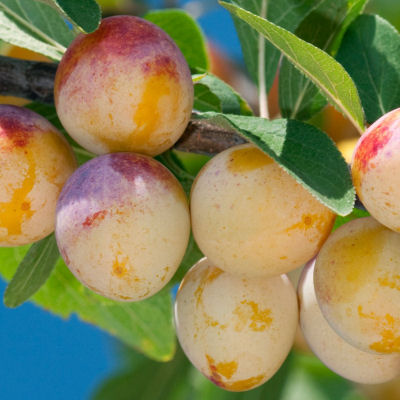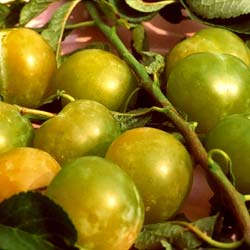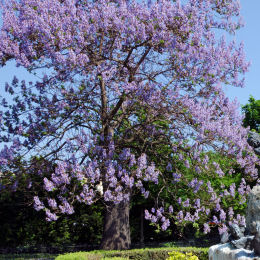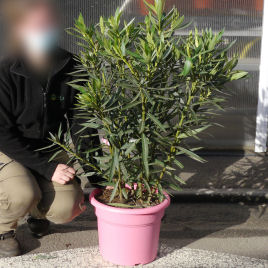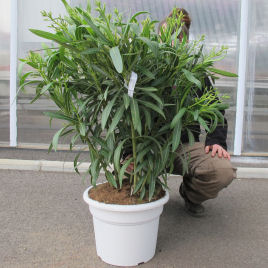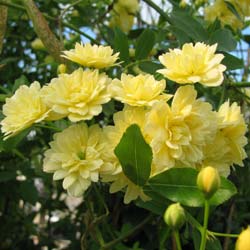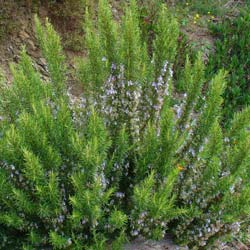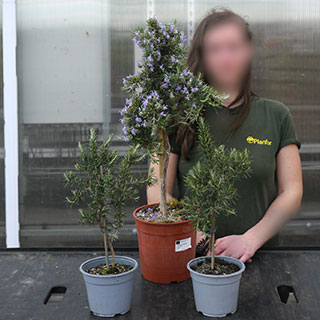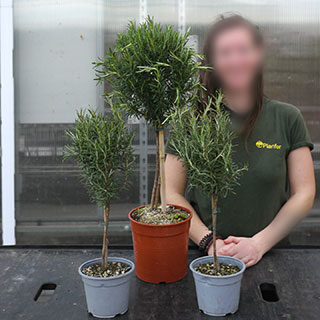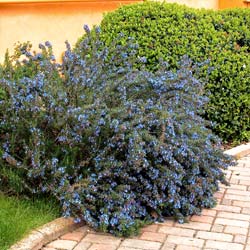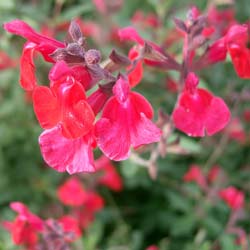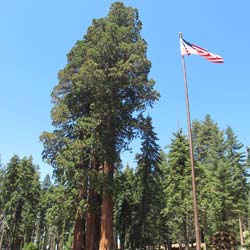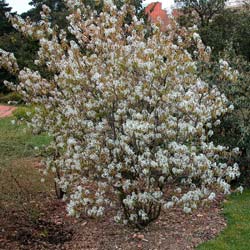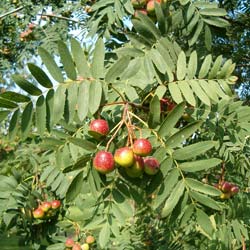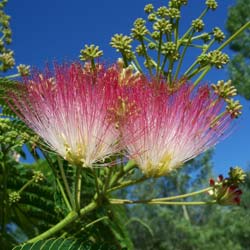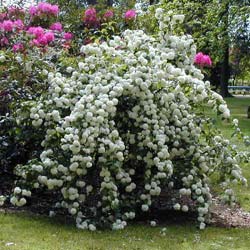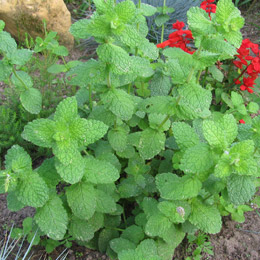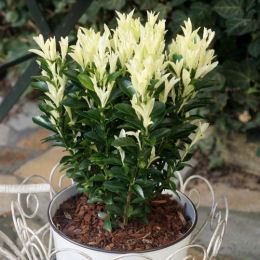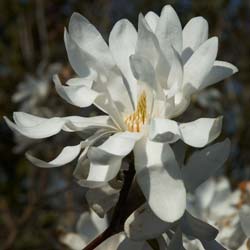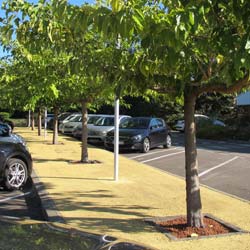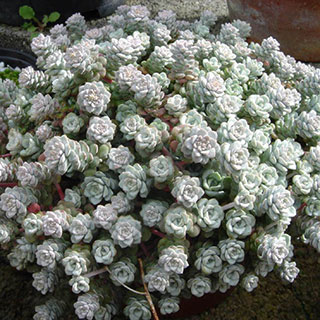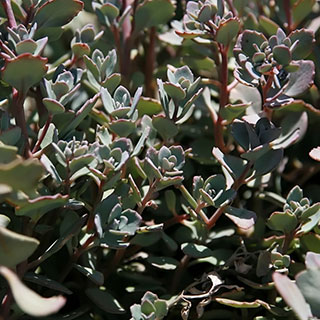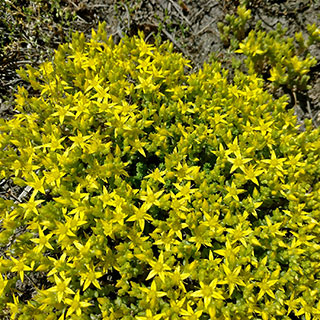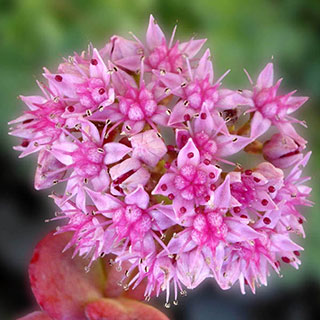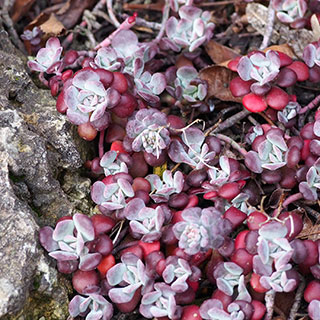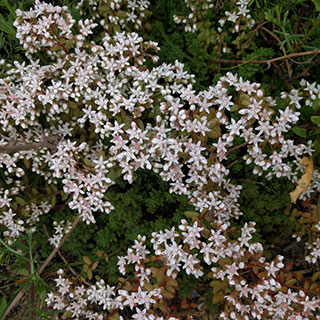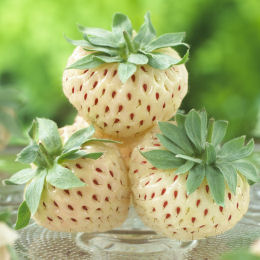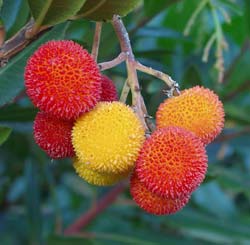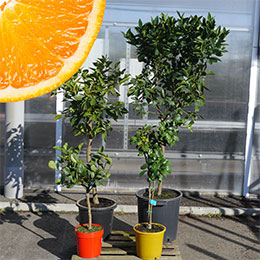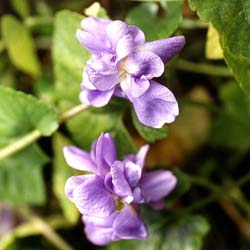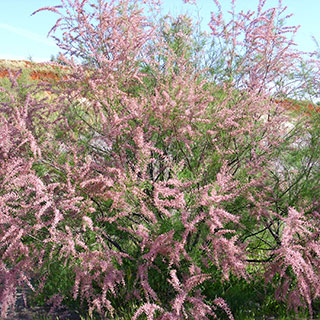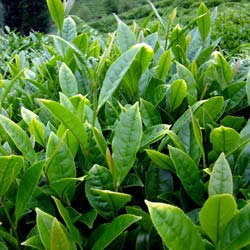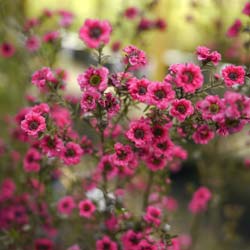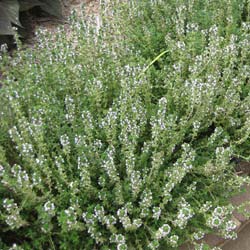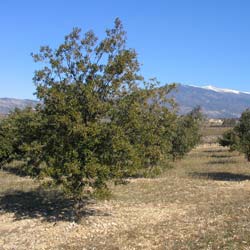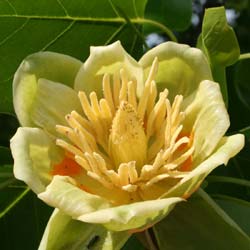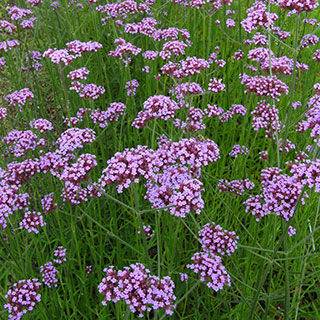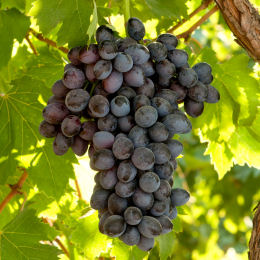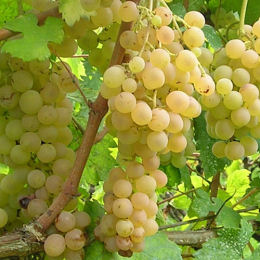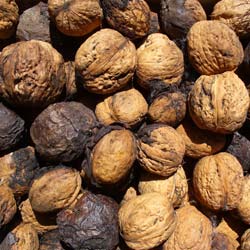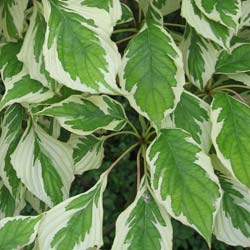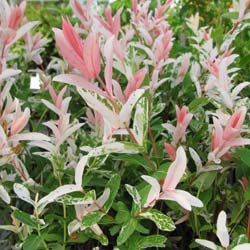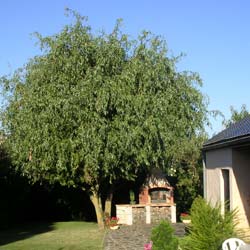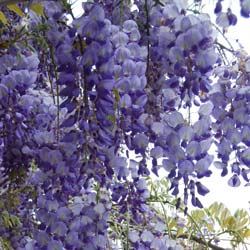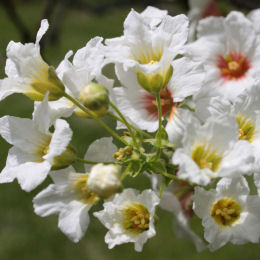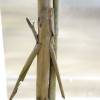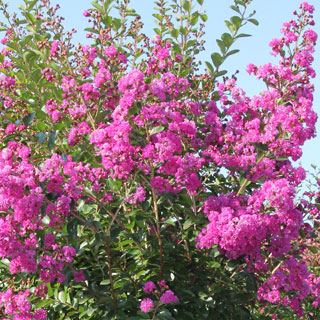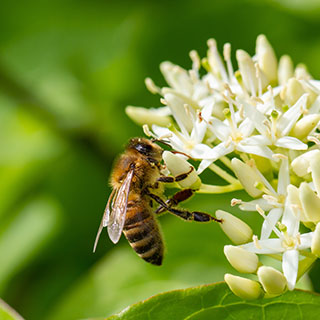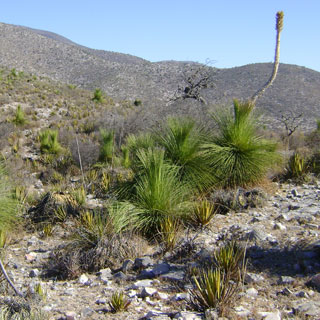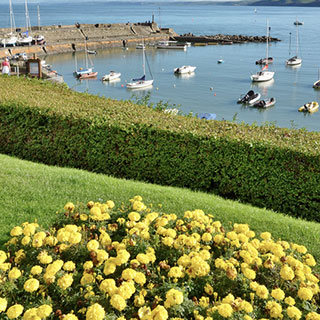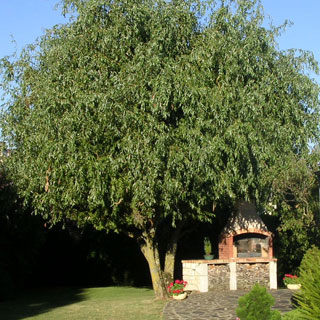- Gardening
AdviceKnow everything about pruning
Why Prune ?
Basic principles of pruning
How to choose your pruning equipment
When to prune ?
Pruning shrubs
Pruning hedges
Fruit trees pruning
Pruning shade trees
Pruning trees
Topiary art
Pruning of the Hydrangea Macrophylla
Pruning of Paniculata Hydrangea
Pruning of the Lagerstroemia
Pruning Roses
Pruning Lavender
Pruning of the Buddleia
Garden Law
Garden Machinery RentalFight against weeds
Why weed ?
How and when to weed ?
Weeding using chemicals
Mechanical weeding
Thermal weeding
Mulching to kill weeds
Weeding your lawn
Annual weeds
Perennial weeds
Nourish your plants
Understand how your plants grow
Each plant has its needs
The characteristics of your garden
Plants in function of your garden
An ecological garden
Gardening by the Moon
Succeed with vegetable gardenSucceed with your plantations
Planting periods
Soil Preparation
Planting Directly into the Soil
Planting in Pots, Containers or Planters
Planting Balled / container grown plants
Planting bare rooted plants
Planting Truffle Trees
Repotting a plant
Storing Plants prior to Planting
Moving a tree or shrub
Growing seeds in a pot
Raising seedlings
Prevention
Prevention is best
Protecting your plants in winter
Painting fruits trees
Over-wintering summer-flowering bulbs
When there is snow in the garden ?
What to do in case of harsh frost ?
The art of watering
Why water ?
Watering a hedge
Watering plants in the ground
Watering house plants or potted plants
Recovering rainwater
Diagnostic
Cure
Deficiencies
Fungus
Diseases
Parasites and insects
Plant Bugs
Garden decoration
Agroforestry
Urban Micro-Forest
Maritime Pine Forestry
Douglas Fir Forestry
The growing of bamboo
The truffle and it growing
Know everything about bonsai - Plants
Hedges
Bamboos Hedge
Border Hedge - Low Hedge
Country Hedge - Farmland Hedge
Defensive Hedge
Evergreen Hedge
Flowering Hedge - Blooming Hedge
Fruit Hedge
Gourmand Hedge
Melliferous Hedge
Screening Hedge
Windbreak Hedge
Forest Edge
Mature Hedge Plants
Kit Hedges
Weed Control Fabric for Hedges
Bamboos
Clumping Bamboos - Non spreading
Bamboos for hedges
Bamboos for containers and planters
Indoor bamboos
Dwarf bamboos - under 1 meter
Small bamboos - 1 to 3 meters
Medium sized bamboos - 3 to 9 meters
Giant bamboos - over 9 meters
Bamboos can be used to purify water
Anti-rhizome barrier
Fruit Trees
Fruit Trees
Strawberry plants
Fruit shrubs for small spaces
Exotic Fruit Trees and Citrus Trees
Climbing Fruit Trees
Dwarf Fruit Trees
Edible Wild fruits
Nuts
Vine - Grape
Mature Trees, Large Trees
Beech, Conifer, Maple, Oak
Olive Trees and Palm Trees
Shade trees
Trees of Fall Interest
Alignment trees
Flowering trees
Flowering Schrub
Shrubs of Fall Interest
Winter Flowering Schrub
Spring Flowering Schrub
Summer Flowering Schrub
Poolside plants
Seaside Gardens plants
Mountain Gardens plants
Shady Gardens plants
Mediterranean gardens plants
Littoral plantsRoses
In stock Roses
Low price Roses
Featured Roses
Climbing Roses
Bushes Roses
Ground cover Roses
Landscape Roses
Large flowers Roses
English Roses
Old Roses, Antique Roses
Fragrant Roses
Roses and Famous people
Orange Roses, Pink Roses, Purple Roses, Red Roses, White Roses, Yellow Roses, Variegated Roses
Climbing Plants
Plants for Acid Soil
Ground Cover Plants
Alternative plants to lawn
Organic plants for your garden
Honey Producing Plants
Aromatic Plants
Condiment Plants
Roots and Edible tubers
Forest Tree Seedlings
Plants for urban micro-forests
Plants for agroforestry
INRA certified Truffle Trees
Current plants promotions
Plants for winter planters
Plants for spring planters
Bonsai Trees
Young plants for Bonsai
Japanese garden plants
Indoor Plants
Plants for interior Green Walls
Hanging plants
Plants for Balconies
Ornamental Grasses
Perennial plants
Shade perennials
Plants for dry ground
Rare Plants
Sculptural Plants
Suculents plants
Aquatic plants
Bulbs to plant in autumn
Allium bulbs, Amaryllis Bulbs, Crocus Bulbs, Daffodil bulbs, Freesia bulbs, Hyacinth Bulbs, Lily of the valley Tulip bulbsBulbs to plant in spring
- Gardening Tools
& MachineryGreenhouses
Greenhouses for balconies
Tunnel and growing Greenhouses
Wall Greenhouses
Garden maintenance
Sprayers
Garden Waste Bags
Leaf Blowers, Blowers Vac
Vegetable and Growing
Seed-Starting supplies
Garden vegetable seeds
Herb Seeds
Soil and Compost
Weed Control Fabrics
Tree stakes and ties
Cultivators and Tillers
Harvest and fruit picking
Fruit and Vegetables Crop Protection
Vegetable plots, Kitchen Gardens
Lawn Mowers
Strimmers and brush cutters
Grass shears
Pruning
Secateurs
Hedge Clippers, Shrub shears
Hedge Trimmers
Cutting Trees & Pruning Trees
Pruning Loppers
Pruning saws, Bow saws
Chainsaws
Axes, Log Splitters
Clothing & Protection for Gardener
Gardening Gloves
Gardening Shoes
PPE - Protective Equipments
Special Offers
Watering for Garden
Hose pipes, Micro-porous hose pipes
Watering Lances and Guns
Garden Sprinklers
Hose Connectors
Hose Hangers, Hose Reels
Watering Timers
Rainwater Collectors
Watering for House
Garden Tools
Spade, Shove, Rakes, Fork
Broom, Squeegee, Weeder
Planter, Spreader, Soil Auger
Planting tools
Garden Machinery RentalNatural Mulch
Plastic Mulch
Landscape Fabrics & Mulches
Tree stakes and ties
Forestry - Silviculture
Tree Guards, Tree Shelters
Tree stakes
Forestry Markers
Planting cane
Kids' corner
Birds and Gardens Auxiliaries
Insects Hotels
Nest Boxes
Bird Feeders
Birds Food
Shelters for Beneficial Insects
Plant Frost Protection
- Bulbs Seeds
Soil CompostGreenhouses and Tunnel
Tunnel and growing Greenhouses
Wall Greenhouses
Vegetable and Growing
Vegetable plots, Kitchen Gardens
Cultivators and Tillers
Seed-Starting supplies
Tree stakes and ties
Weed Control Fabrics
Mixtures of flowers
Attract and feed birds
Attract Butterflies
Attract Ladybirds
Banks and around trees
Fertilize your soil
Flower Magic, pink and white
Limit aphids in the vegetable patch
Limit aphids on roses
Reduce the growth of weeds
Products used in organic farming
Garden vegetable seeds - Sowing Calendar
Aubergine, Beans, Beetroot, Broad Beans, Cabbage, Carrot, Cauliflower, Celeriac, Chicory, Courgette, Cucumber, Endive, Gherkin, Lamb's Lettuce, Leek, Lettuce, Melon, Onion, Parsnip, Peas, Pepper, Pumpkin, Radish, Spinach, Squash, Sweet Corn, Sweet Pepper, Tomato, Turnip, Watermelon
Herb Seeds - Sowing Calendar - Herb Pots
Bulbs to plant in spring
Bulbs to plant in autumn
Allium bulbs, Amaryllis Bulbs, Crocus Bulbs, Daffodil bulbs, Freesia bulbs, Hyacinth Bulbs, Iris Bulbs, Lily of the valley Tulip bulbs
Lawn Seed
Soil and Compost
Vegetable Garden Compost
Organic Multi-purpose Compost
Potting Compost
Geranium Compost
Ericaceous Compost
Bonsaï Compost
Expanded Clay Pebbles
Fertiliser
Dried Blood
Herbicides
Sprayers
Pest control
Captures moles, Moles repellent, Tongs for moles, Pigeons, Anti-Mosquito, Processionary Caterpillars
Birds and Gardens Auxiliaries
Insects Hotels, Nest Boxes
Bird Feeders, Birds Food, Shelters for Beneficial Insects - Pots and
PlantersPure Range - Elho
Pure Round
Pure Straight Round
Allure Range - Elho
Allure Ribbon
Loft Range - Elho
Loft Urban Round
Loft Urban Round High
Loft Urban Square
Loft Urban Bowl
Loft Urban Terrace
For interior
Small Cachepots
Pots with Water Reservoir
Herb Pots
Green Wall
Lechuza Pots
Wicker Resin Pots
Flower boxes & Planters for Railings
Indoor plant pots
Table Planters
Color Range
Geotextile Pots and Planters
Coloured Geotextile Pots
Geotextile Raised Vegetable Bed
Hanging Geotextile Pots
Round Geotextile Pots
Foam Pots and Planters
Bowls Foam Pots
Rectangular Foam Pots
Round Foam Pots
- Garden
FurnitureGreenhouses
Greenhouses for balconies
Tunnel and growing Greenhouses
Wall Greenhouses
Vegetable plots, Kitchen Gardens
Chicken coop with vegetable garden
Gardening Tables
Raised Vegetable Plots
Small Wooden Greenhouses
Vegetable Plots
Climbing plant Supports
Garden Arches, Invisible Garden Trellis, Obelisk Garden Trellis, Planters with trellis, Plastic Trellis, Wooden pergola
Birds and Gardens Auxiliaries
Insects Hotels
Nest Boxes
Bird Feeders
Birds Food
Shelters for Beneficial InsectsBalcony screening
Balcony posters
Design privacy screens for balcony
Privacy canvases for balconies
Fixating Ties
Garden Screening
Artificial hedge
Fencing in natural heather
Fencing in natural wicker
Screen in woven matting
Wooden Garden Structures
Composting Bin
Garden Bench
Garden Bridge
porch-swing and Chairs
Log Stores - Log Sheds
Pergolas
Posts for a Clothes Line
Tables
Terraces
Outdoor Grills
Charcoal BBC, Gas BBC, Planchas, Planchas on Trolley
Hammocks
Cacoon, Classic, Hanging Chairs, Special offer, with Spreader Bars, Stands and Accessories
Exterior Tables
Inflatable Furniture
Furniture around a swimming pool
Sun Canopy - Waterproof
Sun Canopy - Openwork
Garden Chests, garden sheds
Artificial Plants
Flowering Plants, Non-Flowering House and Exotic Plants, Trailing and Hanging Plants, Ornamental Grass and Perennial Plants, Outdoor
Garden Trends 2026
Special Offers
Ponds
Preformed Ponds, Liner, Pumps, Filters, Accessories
Outdoor heater
Outdoor lighting
Luminous Objects
Garden Lanterns
Artificial Lawn
Decorative Pebbles
Decorative Mulch
Green Wall
Outdoor Canvas Wall Art
Products for Japanese Garden
Garden Sculptures and Statues
Garden Fountains
- Gift
ideas - Forest
Woodlot
Angel's fishing rod, hair bell
Apple tree 'Belchard Chantecler'
Apple tree 'Calville rouge d'hiver'
Apple tree, Dwarf Self-fertile
Apple tree 'Reine des reinettes'
Apple tree 'Reinette grise du Canada'
Apricot tree, dwarf self-fertile
Apricot tree 'Rouge du Roussillon'
Apricot tree Tardif de Tarbes'
Arborvitae, Oriental Aurea Nana
Azara microphylla Argenteovariegata
Bamboo Bambusa multiplex Alphonse Karr
Bamboo Chimono. quadra. Tatejima
Bamboo Chimono. tumidissinoda microphylla
Bamboo dwarf, heavenly Fire P.
Bamboo Fargesia Jiuzhaigou Genf Red
Bamboo Fargesia nitida 'Black Pearl'
Bamboo Fargesia nitida 'Gansu'
Bamboo Fargesia nitida 'Volcano'
Bamboo Fargesia nitida 'Winter Joy'
Bamboo Fargesia papyrifera blue
Bamboo Fargesia robusta 'Campbell'
Bamboo Fargesia robusta 'Formidable Wenchuan'
Bamboo Fargesia robusta 'Pingwu'
Bamboo Fargesia robusta 'Wolong'
Bamboo Fargesia Rufa Variegata
Bamboo Fargesia scabrida Asian W.
Bamboo Hibano. tranquillans Shiro.
Bamboo Phyllostachys Atrovaginata
Bamboo Phyllostachys aurea F I
Bamboo Phyllostachys aurea Koi
Bamboo Phyllostachys aureo. Alata
Bamboo Phyllostachys aureo. Aureo
Bamboo Phyllostachys aureo. spect
Bamboo Phyllostachys b. Castillonis
Bamboo Phyllostachys b. C. inversa
Bamboo Phyllostachys b. Tanakae
Bamboo Phyllostachys glauca yunz
Bamboo Phyllostachys nigra boryana
Bamboo Phyllostachys nigra henonis
Bamboo Phyllostachys nuda localis
Bamboo Phyllostachys rubromarginata
Bamboo Phyllostachys viridiglau.
Bamboo Phyllostachys Vivax aureo.
Bamboo Phyllostachys Vivax huang.
Bamboo Pleioblastus chino elegantis.
Bamboo Pleioblastus chino hisauchii
Bamboo Pleioblastus shibu. tsuboii
Bamboo Sasaella m. Albostriata
Bamboo Semia. fastuosa viridis
Bamboo Semia. yashadake kimmei
Beard of Jupiter sempervivum, Houseleek
Beaucarnea recurvata, Elephant's foot
Bedding Pansy 'Molly Sanderson'
Blackberry, edible, early 'Loch'Tay'
Blue Bean Shrub, Dead Man's Fingers
Blueberry, Dwarf, Self-fertile
Bromeliad 'Primera', Silver Urn
Buddha's hand, Fingered Citron
Buddleia 'Adonis blue Adokeep'
Buddleia Two-coloured 'Flower Power'
Butterfly bush, Three-coloured
Calathea, green and white foliage
Carolina Silverbell, Snowdrop tree
Cherry, Manchurian 'Amber Beauty'
Cherry, Sour 'Griotte de Montmorency'
Cherry tree Bigarreau Géant d'Hedelfingen
Cherry tree Bigarreau Napoléon
Cherry tree Bigarreau Tardif de Vignola
Cherry tree, Nanking Red Fruits
Cherry tree, Nanking white fruits
Cherry Tree, Self-fertile Dwarf Carmine Jewel
Cherry tree, Self-fertile Dwarf 'Cherry Baby'
Cherry, Weeping Oriental 'Kiku-shidare-sakura'
Chinese fountain grass 'Fireworks'
Chinese Hybrid Juniper 'Pfitzeriana Glauca'
Chinotto, Myrtle-leaved Orange Tree
Christmas Camellia 'Plantation Pink'
Christmas Camellia 'Versicolor'
Common Bladdernut, Anthony nut
Container 'Barbecue Aromatics'
Crab-apple Coccinella 'Courtarou'
Crab-apple, Perpetu 'Evereste'
Crape Myrtle with black foliage - Red
Crape Myrtle with black foliage - White
Creeping Phlox, Moss Phlox bicolor
Creeping Phlox, Moss Phlox Blue
Creeping Phlox, Moss Phlox 'Candy Stripes'
Creeping Phlox, Moss Phlox Mauve
Creeping Phlox, Moss Phlox Pink
Creeping Phlox, Moss Phlox Red
Creeping Phlox, Moss Phlox White
Cypress, Lawson 'Columnaris Glauca'
Cypress, Lawson 'Ellwood's Gold'
Dogwood, European 'Midwinter Fire'
Dracaena fragrans, massangeana
Dwarf Butterfly Bush 'Dreaming Lavender'
Elderberry, Black 'Golden Tower'
Escallonia organiensis 'Aureovariegata'
Eucalyptus gunnii 'France Bleu'
Eucalyptus Tree, Small-Leaved Gum
Eucalyptus Tree, Southern Blue Gum, Blue Gum
Euphorbia, Mole plant, Caper spurge
False Cypress, Sawara Boulevard
Fern, Dicksonia Antarctica Tree
Ficus binnendijkii, Long-leaf fig
Fig tree 'Violette de Solliès'
Filao tree, Australian Pine tree
Flannel Bush 'California Glory'
Flax, New Zealand 'Apricot Queen'
Flax, New Zealand 'Rainbow Queen'
Flowering Plum, Flowering Almond
Forest edge for dry and acid soil
Forest edge for moist and acid soil
Fragaria ananassa 'Colossus', Giant Strawberry
Gardenia jasminoides, Cape jasmine
Grape Vine, black 'Muscat de Hambourg’
Grape Vine, Yellow 'Muscat d'Alexandrie’
Grevillea rosmarinifolia 'Jenkinsii'
Gunnera manicata, Giant rhubarb
Hardy Kiwi, Ananasnaya, Grape Kiwi, Wee-kee
Hardy Kiwi, Issai self fertile
Hazel, Buttercup Witch, Winter Hazel
Holly, Box-leaved 'Dark Green'
Holly, Box-leaved 'Green Hedge'
Hydrangea, Mme Emile Mouillère
Hydrangea, panicle Vanilla Strawberry
Immortality Herb, Southern Ginseng, Jiaogulans
Indoor Container 'Indoor Jungle'
Indoor Container 'Indoor Panache'
Japanese Camellia 'Black Lace'
Japanese Camellia 'Brushfield’s Yellow'
Japanese Camellia 'Margaret Davis'
Japanese Camellia 'Nuccio's Cameo'
Japanese Camellia 'Nuccio's Gem'
Japanese Camellia 'Nuccio's Jewel'
Japanese Camellia 'Tom Knudsen'
Japanese Snowbell 'Purple Dress'
Japanese Stewartia, Deciduous Camellia
Japanese water Iris 'Caprician Butterfly'
Japanese water Iris 'Dainagon'
Japanese water Iris 'Lady in Waiting'
Japanese water Iris 'Rose Queen'
Japanese Wineberry, Wine Raspberry
Japanese Witch Hazel 'Arnold Promise'
Japanese Witch Hazel 'Feuerzauber'
Jerusalem Cherry, Christmas Cherry
Juniper, Chinese hybrid 'Old Gold'
Juniper, Chinese hybrid 'Pfitzeriana Aurea'
Kaki lotus, Date-plum, Caucasian Persimmon
Korean Spice Viburnum 'Aurora'
Landscape Rose bush 'Fairy Donkerrood'
Landscape Rose bush Little White Pet
Landscape Rose bush 'The Fairy'
Landscape Rose bush 'The Fairy Rubra'
Landscape Rose bush 'White Fairy'
Landscape Rose bush 'Yellow Fairy'
Lavender, Bicolor 'Madrid Purple'
Lenten Rose 'White lady spotted'
Lingonberry, Mountain cranberry
Magnolia, saucer 'Rustica Rubra'
Mahonia without thorns 'Soft caress'
Maple, Japanese 'Atropurpureum'
Maple, Japanese 'Dissectum garnet'
Maple, Japanese 'Dissectum viridis'
Maple, Japanese 'Orange Dream'
Maple, silver 'Laciniatum Wieri'
Marram Grass, European Beachgrass
Mauve Beauty berry 'Profusion'
Mexican Fleabane, Karwinsky’s Fleabane
Mexican Fleabane, Karwinsky’s Fleabane
Mimosa, Golden Mimosa Purpurea
Myrtle, crape berlingot menthe
Nectarine tree with flat, yellow-fleshed nectarine
Nectarine tree with white flesh
Nectarine tree with yellow flesh
New Zealand Moss, Knawel Cushion
New Zealand wire-netting bush, Korokio
Norfolk Island Pine, Araucaria heterophylla
Orchid Dendrobium Nobile - Mauve
Orchid Dendrobium Nobile - White
Orchid, Phalaenopsis Mauve, Phalaenopsis
Orchid, Phalaenopsis Orange, Phalaenopsis
Orchid, Phalaenopsis, Phalaenopsis
Orchid, Phalaenopsis Pink, Phalaenopsis
Orchid, Phalaenopsis White, Phalaenopsis
Orchid, Phalaenopsis Yellow, Phalaenopsis
Oriental cherry with columnar shape 'amanogawa'
Osmanthus, variegated holly-leaf
Otter bush, Otterbossie 'White Candy
Peach tree, Italian with white flesh
Peach tree with flat white peach
Peach tree with flat yellow peach
Pear tree 'Doctor Jules Guyot'
Pear tree 'Duchesse d’Angoulême'
Photinia fraseri 'Carré Rouge'
Photinia serratifolia 'Pink Crispy'
Photinia x fraseri 'Red Robin'
Pieris, Japanese 'Forest Flame'
Pine, Western White, Pine Silver
Pink flowering American dogwood
Pink Poinsettia, Pink Christmas Flower
Plum tree D'Ente, Plum tree from Agen
Plum tree 'Mirabelle de Nancy'
Plum tree 'Reine Claude d’Althan'
Plum tree 'Reine Claude de Bavay'
Plum tree 'Reine Claude dorée'
Polly Plant, Alocasia amazonica
Prickly Heath with pink berries
Prickly Heath with red berries
Prickly Heath with white berries
Quince, Japanese flowering Orange
Quince, Japanese flowering Red
Quince, Japanese flowering White
Raspberry 'Glen Coe' non everbearing
Raspberry, Japanese Strawberry
Red flowering Hawthorn 'Paul's Scarlet'
Red Poinsettia, Christmas Flower
Rhododendron, dwarf 'Percy Wiseman'
Rhododendron pink, Golden Gate
Rhododendron pink, 'Virginia Richards'
Rhododendron purple, Blurettia
Rhododendron red, Lord Roberts
Rhododendron red, Markeeta's Prize
Rhododendron white 'Mme Masson'
Rhododendron yellow, 'Horizon Monarch'
Rose 'Jubilé du Prince de Monaco'
Rose 'Mme A. Meilland', Rose 'Peace'
Rose 'Mutabilis', Chinese Rose
Rose 'Palais Impérial de Compiègne'
Rose 'Princesse Charlène de Monaco'
Rose 'William Shakespeare 2000'
Rough Horsetail, Common Horsetail, Scouring Rush
Sage, Violette de Loire ® 'barsal'
Silk tree 'Chocolate Fountain'
Silver Grass, Variegated Chinese
Snowdrop bush, Snowbell bush, Styrax
Spindle Tree, Japanese 'Green Spire'
Spindle Tree, Japanese 'Microphyllus'
Spindle Tree, Japanese 'Paloma blanca'
Spring container 'Spring Blue Lady'
Spring container 'Spring Blue Majesty'
Spring container 'Spring Cube Camellia'
Spring container 'Spring Flower Country'
Spring container 'Spring High Japonica'
Spring container 'Spring Martinii'
Spring container 'Spring Mediterranea'
Spring container 'Spring Pink Fairy'
Spring container 'Spring Pink Glossy'
Spring container 'Spring Red Cherry'
Spring container 'Spring Red Queen'
Stonecrop, Broadlea 'Cape Blanco'
Stonecrop, Goldmoss, Biting stonecrop
Stonecrop, October, Siebold’s stonecrop
Strawberry plant 'Framberry', strawberry-raspberry
Strawberry plant 'Mara des bois'
Strawberry plant 'Mariguette' cov MA 99
Strawberry Plant 'Mount Everest'
Strawberry plant 'Pineberry', white strawberry
Strawberry plant Reine des Vallees
Strawberry plant 'San Andreas'
Summer container 'Summer Purple Rain'
Sweet Gale, Sweet Bayberry, Bog Myrtle
Sweet Violet 'Parme de Toulouse'
Tea tree, New Zealand, Manuka, Pink
Tea tree, New Zealand, Manuka, Red
Tea tree, New Zealand, Manuka, White
Thornless Raspberry 'Red Angel'
Thornless Raspberry 'Versailles'
Tree Germander, Shrubby Germander
Truffle Austrian Black Pine - Tuber melanosporum
Truffle downy oak - Tuber melanosporum
Truffle Downy Oak - Tuber Uncinatum
Truffle hazel - Tuber melanosporum
Truffle Hazel - Tuber uncinatum
Truffle Hornbeam - Tuber melanosporum
Truffle Hornbeam - Tuber Uncinatum
Truffle Turkey Oak - Tuber melanosporum
Vine peach tree with red flesh
Vine peach tree with white flesh
Weigelia, Dwarf Black and White
White flowering American dogwood
White flowering Chinese Dogwood
White Poinsettia, White Christmas Flower
Willow, Japanese Pink Pussy 'Mount Aso'
Winter Container 'Winter Pinky Moka'
Winter Container 'Winter Round'
Winter Container 'Winter Sensation'
Winter Container 'Winter Square Green'
Winter-flowering Viburnum 'Charles Lamont'
Winter-flowering Viburnum 'Dawn'
Yellowhorn, Chinese Flowering Chestnut
Yellow Poinsettia, Yellow Christmas Flower
Home > Plants > Myrtle, crape berlingot menthe Myrtle, crape berlingot menthe / Lagerstroemia indica berlingot mentheBuy: Myrtle, crape berlingot menthe
Pictures of: Myrtle, crape berlingot menthe
Description: Myrtle, crape berlingot mentheCrape myrtle, Crepe myrtle 'Berlingot Menthe' - Lagerstroemia indica (latin)
Area of origin: China. Introduced into France in 1760. www.planfor.co.uk
Jean-Michel Groult advises you
The Crape myrtle, also called "Indian Lilac" or again "Harvest Lilac", has not a lot in common on a botanical point of view with the Common Lilac.
Not very demanding
Choose a Crape myrtle suiting your climate
How to prune a Crape myrtle?
Good to know
Related Categories: Myrtle, crape berlingot menthe
Your reviews about: Myrtle, crape berlingot menthe |











